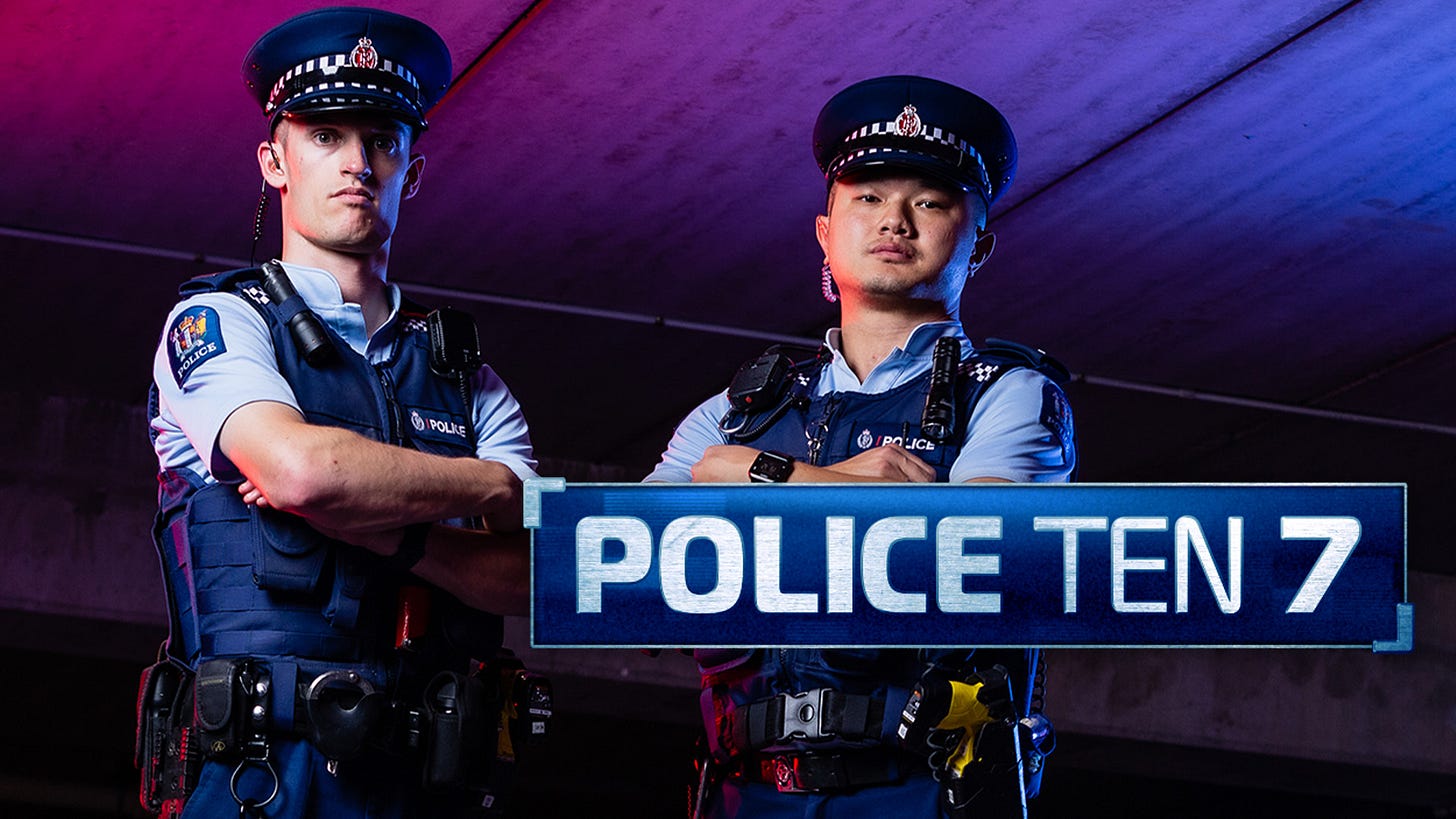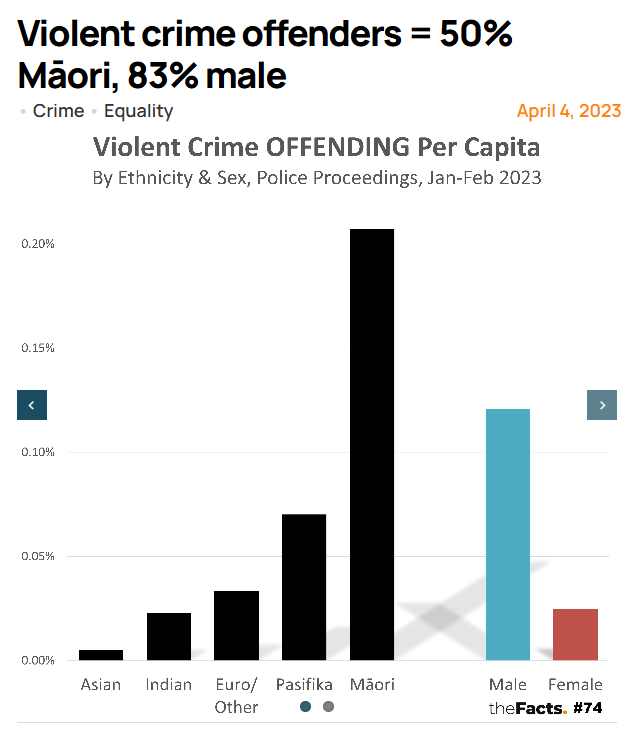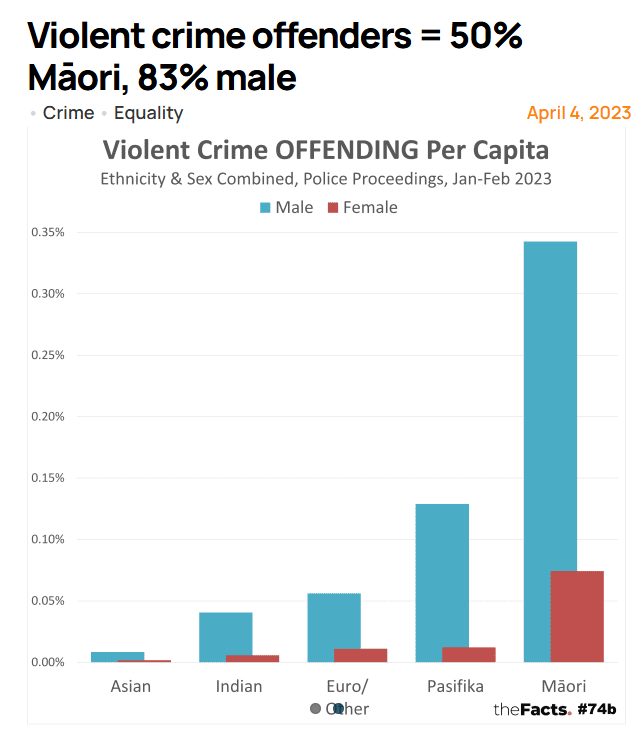I find it deeply strange that pressure was put on Screentime to end Police Ten 7 over allegations of racism and its so-called favourable portrayal of policing. It was the late Auckland councillor Efeso Collins who called on TVNZ to scrap the series, claiming it harmed Māori and Pasifika communities by offering nothing more than “low-level” entertainment. Similar criticism came from Race Relations Commissioner Meng Foon.

What puzzles me is that in New Zealand, the fact remains that Māori commit crime at significantly higher rates than any other group. Pointing this out is not racist - it is stating a statistical reality. Sources like The Facts show just how disproportionate offending is among Māori and Pasifika communities. Here are some alarming graphs.


Click both graphs to view
What sparked me to write this piece was a simple observation. I saw a picture of a wanted Māori man shared on a local community page. Curious, I checked the police’s Facebook page for recent wanted individuals. From April until now, the pattern was undeniable. Almost all the offenders were Māori or Polynesian. There were a few white offenders, but they were few and far between. Here’s the mugshots to see for yourself.

Click to view
Looking at the mugshots shown above, the pattern is impossible to ignore. The vast majority of offenders are Māori or Pacific Islanders. There are a handful of white offenders, but they are the exception, not the rule. This is not about bias or stereotyping, it is simply what the statistics and police records show.
If critics thought Police Ten 7 was racist, surely they would also consider the New Zealand Police’s own wanted Facebook page racist. After all, it shows a strikingly disproportionate number of Māori offenders, with their mugshots plastered for the public to see. This isn’t editorialising or targeting, it’s simply reflecting the reality of who commits crime in New Zealand.
So why is reporting the truth suddenly considered racist? A long-running TV show, consistently among the highest-rated in the country, was pulled because a handful of people believed it promoted bias. Reporting crime, and showing who commits it, does not equate to discrimination. What should be asked, and debated, is why offending is so concentrated within certain communities.
Police Ten 7 was not just entertaining; it was informative, highlighting the realities of crime in New Zealand. It was a show the whole family could watch and learn from. Instead of silencing it, we should be using such programs to spark honest, constructive conversations about crime and how to reduce it.
Bring back Police Ten 7. It was great television, and New Zealand deserves to see the truth, not just the version some people feel comfortable with.
Matua Kahurangi is just a bloke sharing thoughts on New Zealand and the world beyond. No fluff, just honest takes. He blogs on https://matuakahurangi.com/ where this article was sourced.


No comments:
Post a Comment
Thanks for engaging in the debate!
Because this is a public forum, we will only publish comments that are respectful and do NOT contain links to other sites. We appreciate your cooperation.